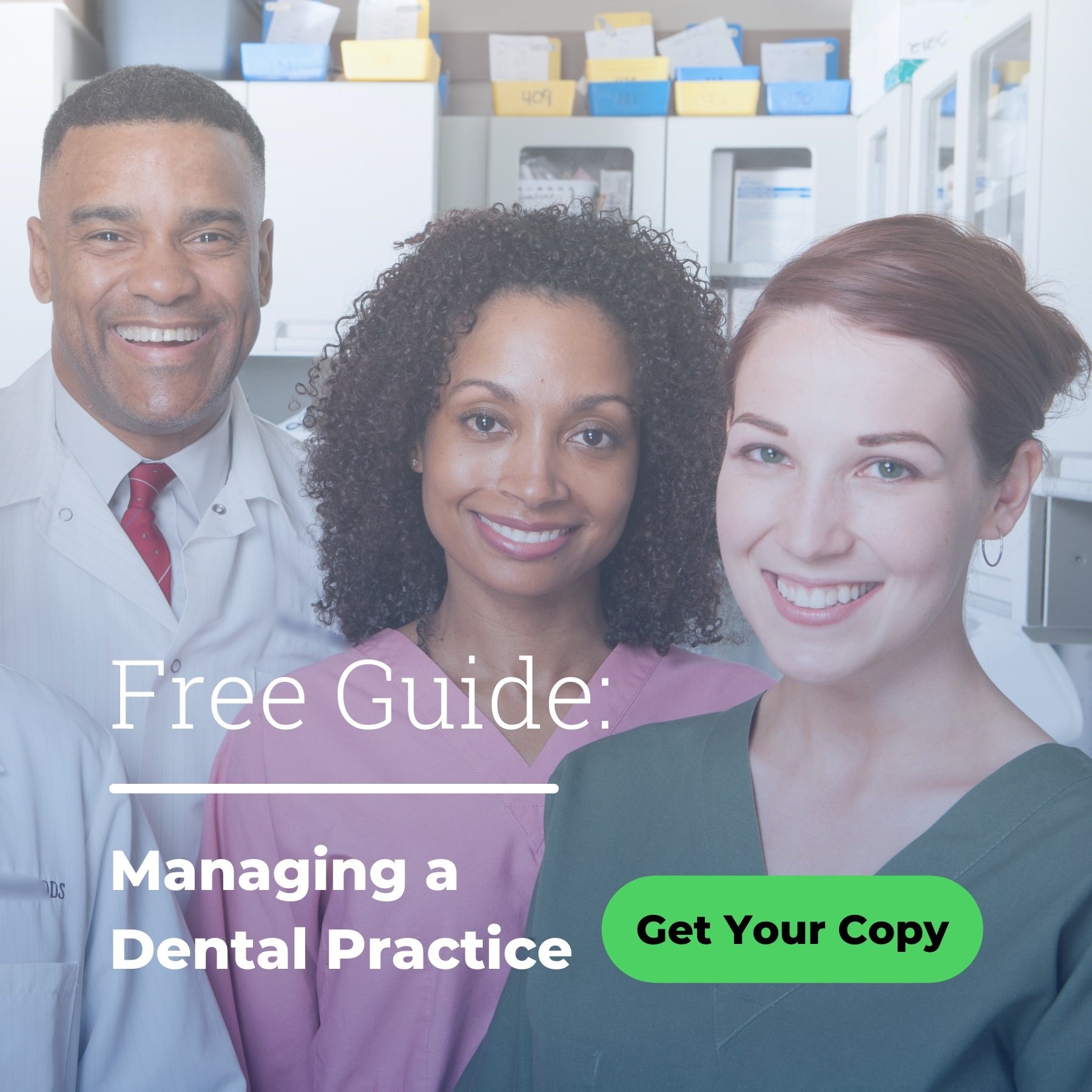Posted by Amy Carbone on Sep 9, 2020 9:00:00 AM
Until recently, burnout has seemed more like a buzzword than a problem in the workplace. That’s why, in 2019, the World Health Organization officially recognized burnout as an "occupational phenomenon" in their 11th Revision of the International Classification of Diseases (ICD-11).
Although they don't classify burnout as a medical condition, the WHO acknowledges that it leads to a complex series of issues that negatively impact the workplace, including a feeling of depletion, cynicism about the value of the work you do, and reduced efficiency on the job.
These are not just emotional changes, either. New research shows that a prolonged state of burnout may alter brain function and makes it difficult for people to combat stress. Burnt out individuals are at a higher risk for other physical and mental health issues, including coronary heart disease. To make matters worse, once burnout sets in, it can take weeks, or maybe longer, to overcome and resume “normal” function.
Because of the potential for stress in everyday dental work, dentist burnout and dental hygienist burnout are real risks. It's important to know how to provide a work atmosphere that is set up to try to reduce burnout as a threat. It’s just as crucial for you and your team to care for yourselves personally, as well.
Here are some ways to seek to prevent burnout from derailing your work performance and overtaking your life.
1. Exercise
Exercise generally offers a wealth of positive results for everyone.
Exercise has been shown to potentially reduce stress, improve memory, and even operate as antidepressants. This is because exercise releases endorphins that help balance mood and foster a sense of well-being, among other positive results.
Most notably, habitual exercise may also be helpful for physical health in other regards from cardiovascular health to good sleep habits.
As a result, exercise can also help improve morale and boost confidence, an effective antidote to the cynicism and negativity burnout inspires.
2. Get Enough Sleep
Getting a good night's sleep can play a crucial role in anyone’s mood and health, which can help you deal with stress.
Exercise can be one way to help yourself get enough sleep. You can also practice “sleep hygiene,” which includes a list of different ideas you can use to help yourself get more restful sleep.
You can help yourself sleep better by darkening your bedroom, avoiding screens two hours before going to bed, avoiding caffeinated beverages after noon, and avoiding eating up to three hours before bed.
Using a meditation app or doing breathing exercises at bedtime may help calm you before bed as well.
Last, one of the most important things you can do to get a good 8 hours is to go to bed at the same time every night.
3. Establish a Daily Routine
Just as you should develop a nighttime routine, you can try to avoid burnout by establishing a daily routine as well.
Whether your routine is going to the gym before work or enjoying a family breakfast every morning, routine is good for keeping stress at bay.
The reason is simple: The human brain needs to work harder to adapt to changing circumstances.
Routine helps avoid that unnecessary extra strain.
4. Recognize Where You and Your Team Excel
It’s always important to recognize where you and your team excel so you can celebrate your strengths and improve in areas of opportunity.
You can also praise your staff individually for jobs well done, even if they’re routine procedures. Employees tend to perform better when they receive praise, even when their initial performance had been lackluster.
Excessive criticism, on the other hand, may impede work performance and accelerate burnout.
While critique is valuable in the workplace, making someone feel overwhelmed or overloaded with negative feedback may prevent them from improving and may even lead to burnout.
5. Learn to Compartmentalize
When you're the boss, it's hard to step away from the office. Your work is always on your mind.
But people who have a hard time setting boundaries between work and their personal life place themselves at an increased risk of burnout.
Work-life balance — establishing boundaries between your professional and personal lives — may reduce stress. That’s not to say you shouldn’t work hard. However, it opens up possibilities for you to spend more time with family, friends, and hobbies you enjoy instead of focusing on work at all times.
In addition, making time for rest and relaxation may help you to concentrate while you're at work, and being more active socially may help you live a longer and healthier life.
6. Prioritize Your Health
You've probably heard the phrase "self care" almost as much as you've heard the term burnout.
That’s because self care has become more important as business owners and employees risk burnout.
In addition to getting enough sleep and exercise, you can also eat healthy meals, step outside throughout the day, and keep up with appropriate health screenings.
As a dentist, your ability to continue to work may be necessary to pursue your future goals. As a result, looking after yourself is the most important thing you can do to have a fulfilling career, in addition to enjoying your personal life and avoiding burnout.
Manage Your Team to Avoid Burnout
Preventing burnout is one of many ways you can effectively manage a dental team. Learn other opportunities that you may have by reading our ebook on personnel management.
Treloar & Heisel and Treloar & Heisel Property and Casualty are divisions of Treloar & Heisel, LLC.
Insurance products are offered through Treloar & Heisel, LLC.
Treloar & Heisel, LLC. and its divisions do not offer medical advice. Please consult a professional concerning these topics. This content is intended for general informational purposes only and is not to be construed as advice.
20-073


